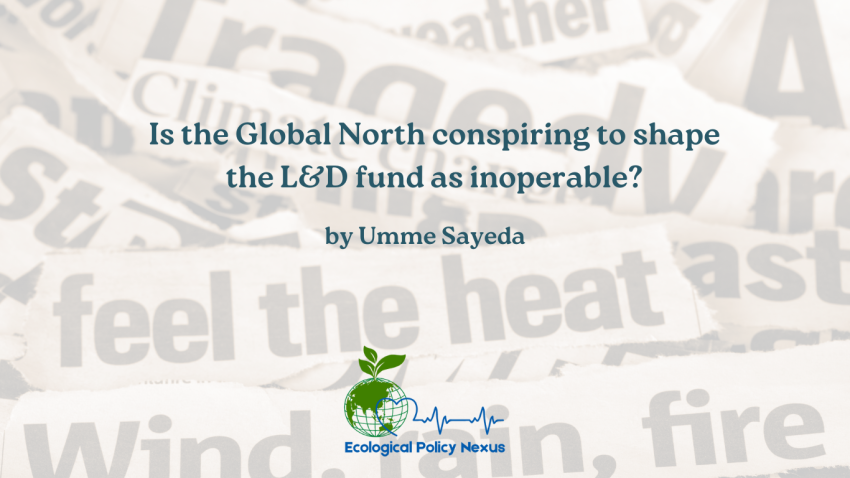
The L&D Fund can help recover developing countries like Bangladesh from extreme climate impacts such as rising sea levels, river erosions, floods, and severe droughts. Photo: TBS
The lack of a definition of climate finance and adaptation in the UNFCCC process has been the cause of struggle for developing countries in the case of ‘funding delivery.’ The multiplicity of delivery mechanisms and sources has devalued the needs and demands of poor countries.
Repackaging the Official Development Assistance (ODA) as climate finance and consequently destabilising the domestic climate-development nexus of developing countries is a substantial case of climate injustice. The vulnerable countries’ demand for ‘new and additional funding’ has rarely actualised under the finance trusteeship of the World Bank.
The World Bank’s complex and lengthy process prioritises policies towards Small Island Countries and Least Developed Countries and thus restricts timely and need-based finance delivery.
The US stresses that within the developed and developing countries distinction by the UNFCCC in 1992, emerging economies like China, India, South Korea, Brazil and others have already topped the emitting countries’ list.
Thus codifying the ‘developed countries’ as the primary contributors of the fund when they are not bound to pay was a ‘redline’ point of bargaining. This line of debate has undoubtedly impacted the hard-earned common position among the G77 and China.
In a critical situation that offers a ‘do or die’ condition for the instrumentalisation of the L&D Fund, developing states agreed to accept the World Bank as an ‘interim agency’ to govern the fund.
Its termination can eventually establish a new international legal body. The proposal was presented to the developed country parties at the fifth Transitional Committee meeting. The meeting was organised by the COP28 authority to facilitate a consensus on the operationalisation of the L&D Fund.
The L&D Fund is in jeopardy due to disagreements between developed and developing countries. While developing countries demand immediate and need-based access to financial support, developed countries are pushing for the World Bank to govern the fund. The upcoming negotiations in Abu Dhabi will decide the future of the L&D Fund.

